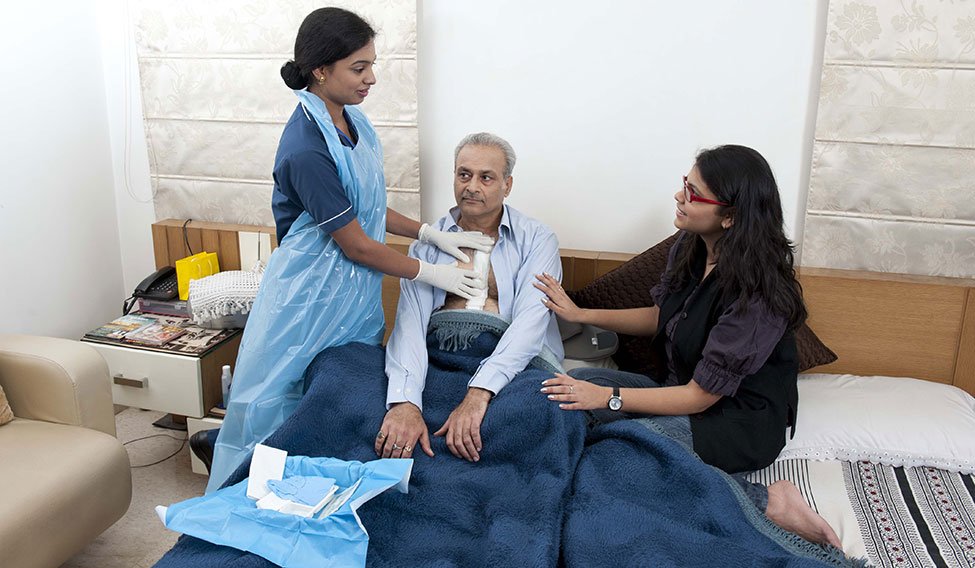
How to Take Care of Elderly Parents with Dementia When You Are Afar: Tips for Families
Caring for elderly parents with dementia is challenging, and managing this responsibility from a distance adds further complexity. This guide offers practical advice to ensure their safety, emotional well-being, and comfort. From building a support network to using technology and engaging professional caregiver services, these tips can help you effectively manage care for your loved ones.
Understanding the Challenges of Dementia Care from Afar
Dementia impacts memory, judgment, and daily activities, making caregiving essential. When distance separates families, these challenges increase. Emotional stress, constant monitoring needs, and arranging medical support become key concerns.
Practical Tips for Caring for Parents with Dementia from Afar
1. Build a Reliable Support Network
- Engage local friends, neighbors, or relatives who can check in regularly.
- Collaborate with community support groups or volunteer organizations for additional assistance.
2. Leverage Technology for Monitoring and Communication
- Video Calls: Apps like WhatsApp or Skype help you stay connected.
- Monitoring Devices: GPS trackers and motion sensors enhance safety.
- Medication Reminders: Use apps to ensure medications are taken on time.
3. Engage Professional Caregiver Services
- Trained caregivers can assist with daily activities such as bathing, dressing, and meal preparation.
- Care At Home provides compassionate and expert care tailored to dementia patients, ensuring their safety and comfort.
4. Create a Dementia-Friendly Home
- Eliminate tripping hazards and remove sharp objects.
- Label drawers and doors for easy navigation.
- Install locks and alarms for added safety.
5. Prioritize Regular Health Check-Ups
- Schedule routine doctor visits to monitor their condition.
- Maintain regular communication with healthcare providers for updates on their health.
6. Focus on Emotional Well-Being
- Engage them in meaningful activities such as listening to music or watching old family videos.
- Send small gifts or handwritten notes to make them feel loved and connected.
Benefits of Professional Caregiver Services
Professional caregivers offer:
- Personalized care tailored to the unique needs of dementia patients.
- 24/7 supervision to prevent accidents.
- Companionship to reduce feelings of loneliness.
At Care At Home, our caregivers are trained to handle dementia patients with empathy, patience, and professionalism. We ensure your loved ones feel safe, respected, and cared for, even in your absence.
FAQs
1. How can I ensure my parent is safe at home with dementia?
Install safety measures such as motion detectors, door alarms, and grab bars, and consider hiring a caregiver for supervision.
2. What are the signs that my parent with dementia needs professional care?
Signs include wandering, difficulty with eating or bathing, and increasing confusion.
3. How can I stay emotionally connected from afar?
Schedule regular video or phone calls, send letters, and share memories through photos or videos.
4. What should I look for in a professional caregiver?
Seek caregivers with experience, patience, training in dementia care, and strong communication skills.
5. Can caregivers handle emergencies like wandering or medical issues?
Yes, trained caregivers are equipped to manage emergencies and ensure the safety of dementia patients.
Conclusion: Trusted Care for Your Loved Ones
Caring for elderly parents with dementia from afar requires thoughtful planning, reliable support systems, and professional assistance. At Care At Home, we provide experienced caregivers who prioritize the safety, emotional well-being, and comfort of your loved ones. Whether through daily assistance, supervision, or companionship, we are dedicated to treating your family like our own.
For more information, visit our website.



